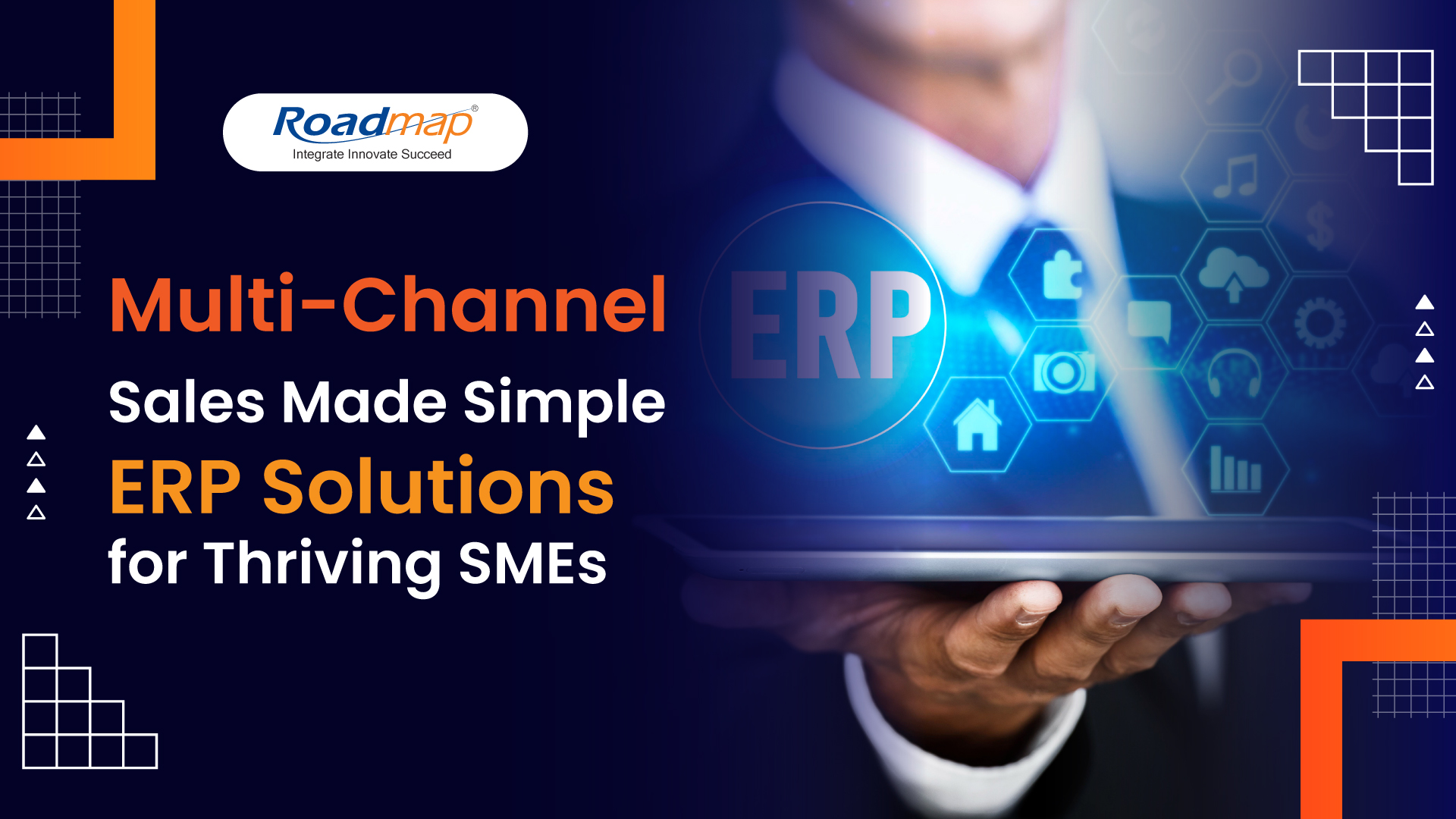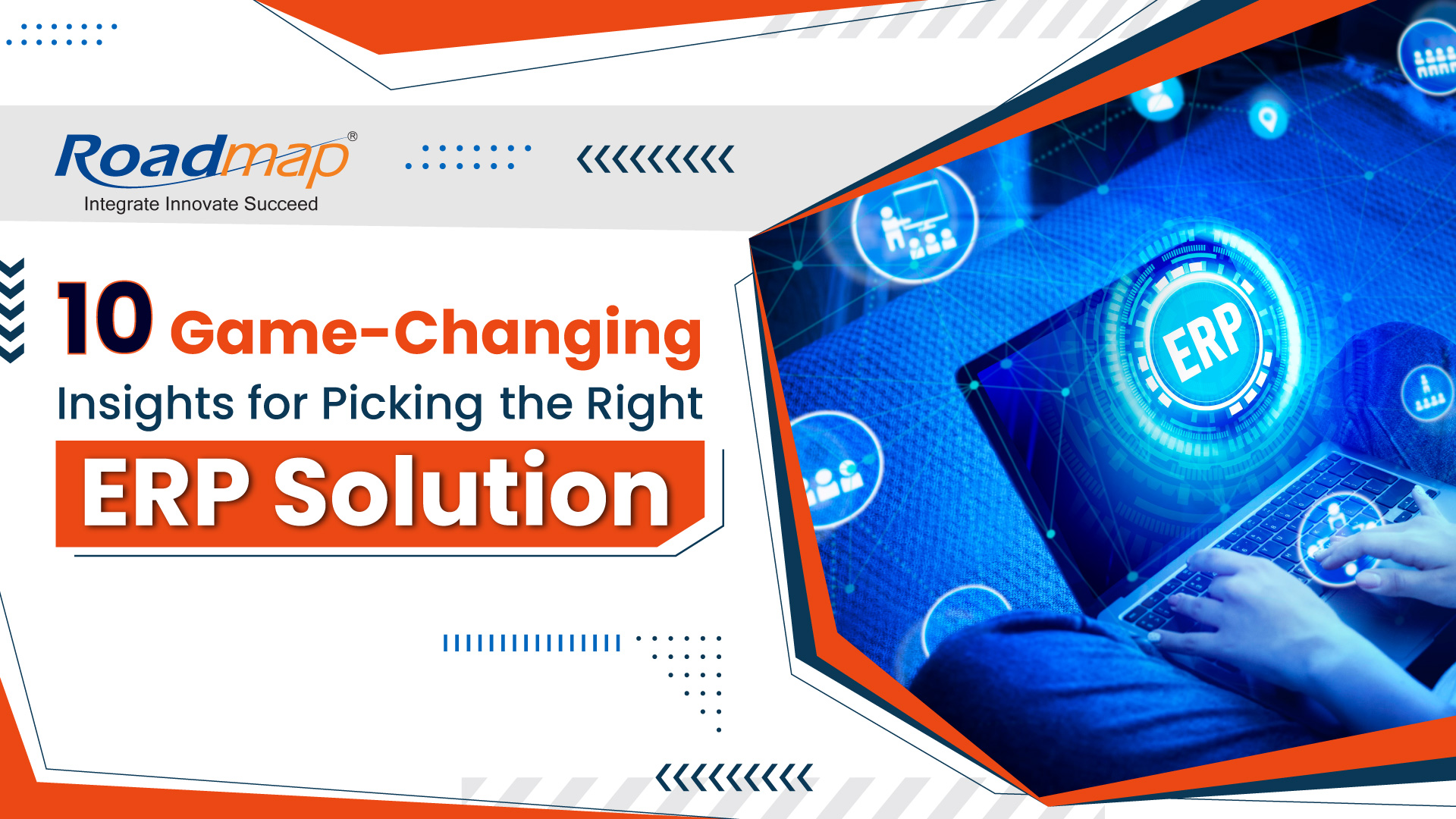
- Julius Rassou
- 30-Oct-2017 06:05:49
The Progressive Impact of ERP on Data Security Protocol Standards
The data flowing through the workflow of a business is its very life source. Cyber theft or attack on such data would irreparably damage the very integrity of any business from within and without. The major reason for cyber threats is the excessive involvement of human hands in business processes. The more people are involved, data becomes the less secure. As per IBM’s Cost of Data Breach Study for 2017, a research independently conducted by Ponemon Institute, the global average cost of data breach is $3.62 million. The average cost for each lost or stolen record containing sensitive and confidential information is $141. Further, the research reveals that companies this year are having larger breaches to the tune of 1.8% more than the previous year amounting to more than 24,000 records.It is important for businesses to have perennial access to data, and at the same time to also have the data secure from unauthorized access. Torn between these wants businesses granting manual access to data remain incapacitated to be assured of data security. But when an ERP solution is in place, data security is not a concern anymore. Roadmap ERP solution’s Oracle Software Security Assurance (OSSA) ensures total security of design, build, testing, and maintenance of the Product and Services, including the Oracle Cloud Services. Oracle Cloud Services operate under practices which are aligned with the ISO/IEC 27002 Code of Practice for information security controls, from which a comprehensive set of controls are selected.
The ERP software prevents cyber attacks on businesses by integrating the business units into a single system. This pools all data into a common data repository, which becomes the only source of information for all the functional entities of the business, thus, making it easier to manage data security and access permissions. The single door inlet/outlet faculty of the data repository enables the limiting/granting of role-specific privileges to internal and external players for accessing business data.
Further, the ERP streamlines the availability of uniform data through all the rungs of the business hierarchy. This aspect, while preventing important data from ending up in wrong hands, also ensures that employees enjoy unhindered access to reliable and relevant information. Roadmap ERP, in addition, is built to toughen the security protocols of all businesses, through best practices like putting up an effective firewall, monitoring and controlling customer/supplier/employee portals, etc.




